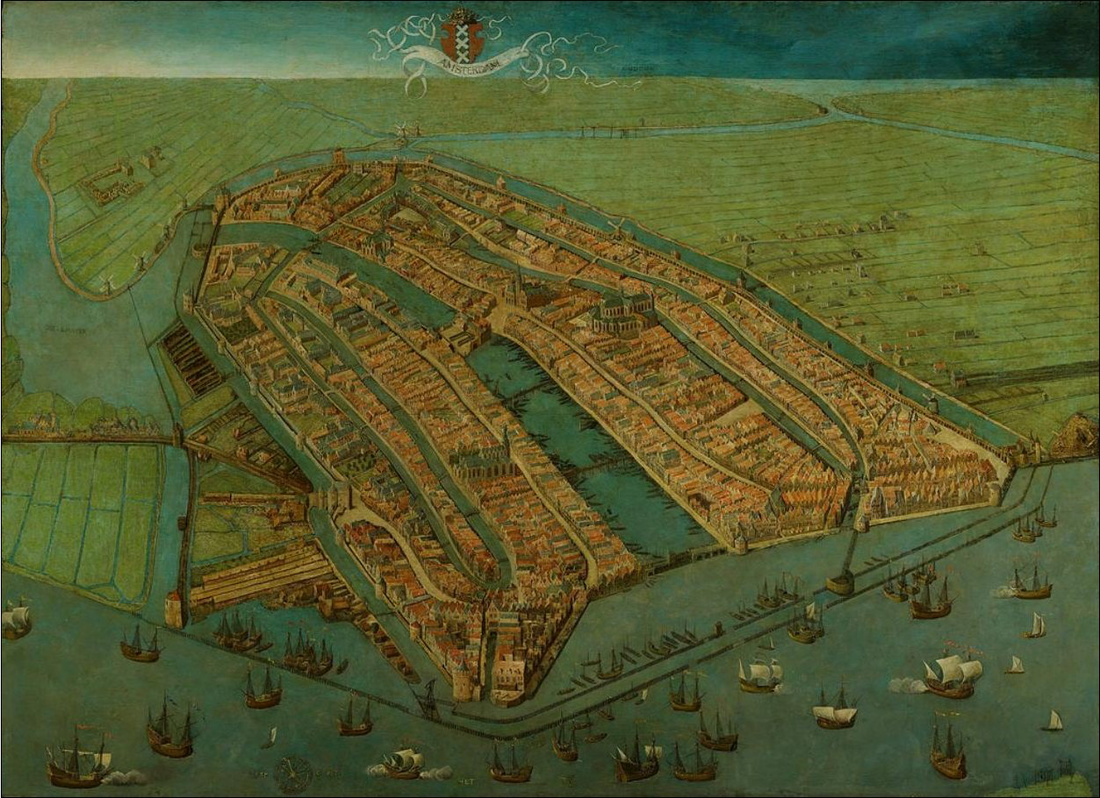Dagomar Degroot, The Frigid Golden Age: Experiencing Climate Change in the Dutch Republic, 1565-17203/1/2015 The Frigid Golden Age is a manuscript that furnishes the first detailed analysis of how climate change influenced the so-called “Golden Age” of the Dutch Republic. It explores the nadir of a “Little Ice Age” between 1565 and 1720, when European temperatures declined by nearly one degree Celsius, relative to their twentieth-century averages. By shortening the growing season and altering animal ranges, cooler temperatures contributed to famine and social unrest in the agricultural economies that dominated Europe.
However, a changing climate also offered opportunities that were aggressively exploited by citizens of the urban, capitalist Dutch Republic, which emerged as a great power during the coldest decades of the Little Ice Age. The Frigid Golden Age demonstrates that the dynamic society of the Dutch Republic was more resilient in the face of climate change than its European neighbours. The book therefore challenges recent histories that ignore the Dutch Golden Age to present straightforward connections between climate change and early modern crises. The Frigid Golden Age contributes not only to debates in early modern historiography, but also, vitally, to present-day discussions of global warming. Dagomar Degroot is an incoming assistant professor of environmental history at Georgetown University. He directs HistoricalClimatology.com and the Climate History Network.
21 Comments
|
Archives
August 2021
Categories |


 RSS Feed
RSS Feed